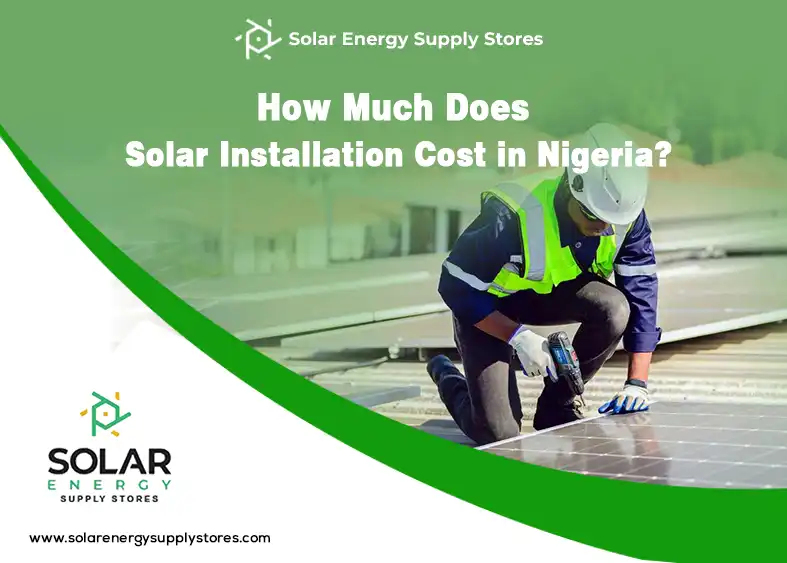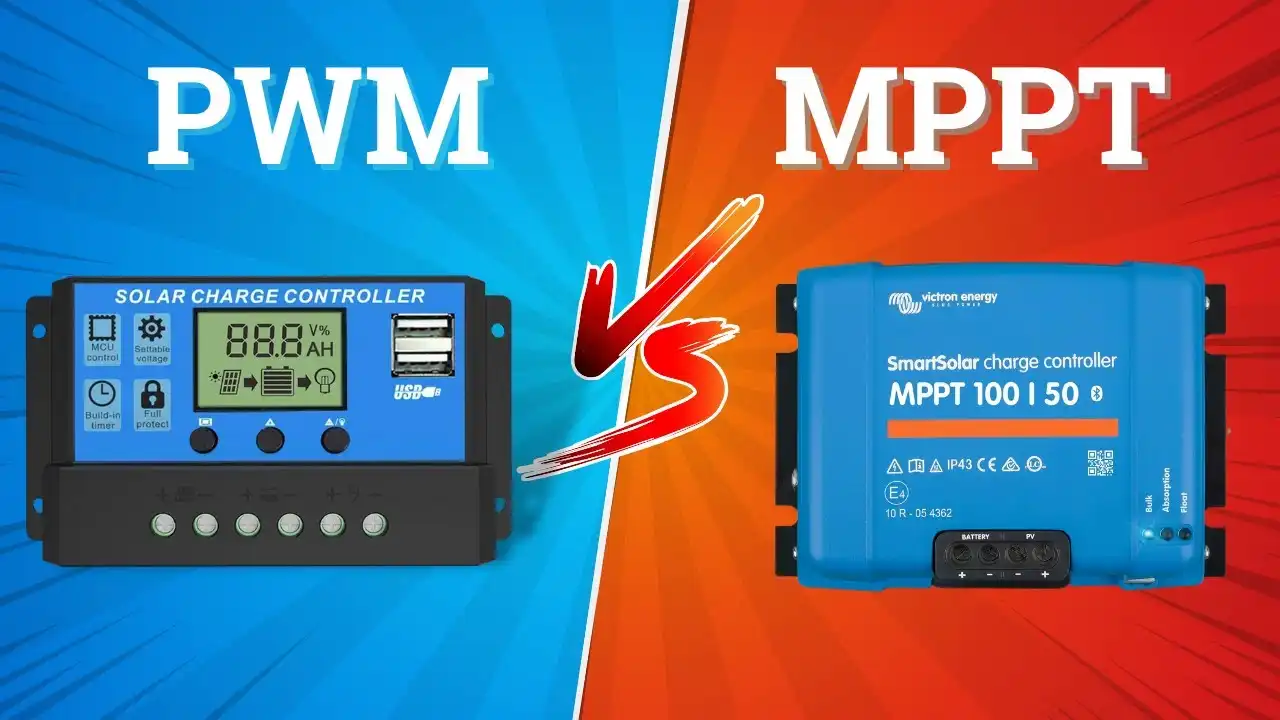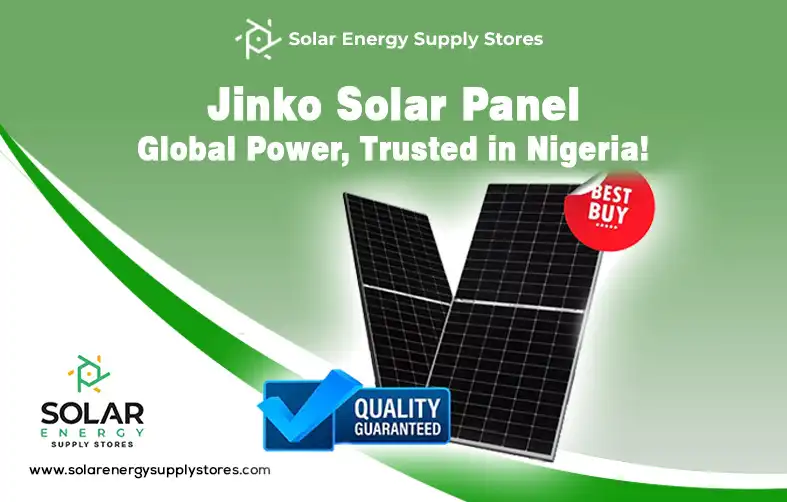No products in the cart.
10kWh Lithium Battery
10kWh Lithium Battery Price in Nigeria – 2025 Complete Buying Guide, Setup & Real-Life Uses Why 10kWh Lithium Batteries Are In High Demand As solar power adoption accelerates in Nigeria, high-capacity energy storage is no longer a luxury—it’s a necessity. Whether you’re powering a smart home, office, or commercial facility, 10kWh lithium batteries offer unmatched performance, longevity, and peace of mind. This 2025 guide breaks down 10kWh lithium battery prices in Nigeria, installation tips, specs comparison, and how real people and businesses are using them today. 🔋 What Is a 10kWh Lithium Battery? A 10kWh (10,000 watt-hour) lithium battery is a large energy storage unit that can power heavy electrical loads over extended periods. It’s typically used in: Most models use Lithium Iron Phosphate (LiFePO₄) technology, known for its long lifespan, deep discharge capacity, and safety. 10kWh Lithium Battery Price in Nigeria (2025 Update) Brand Model Voltage / Capacity Price Range (₦) Felicity Solar LiFePO₄ 48V/200Ah 48V / 10kWh ₦2,800,000 – ₦3,500,000 Blue Carbon Rack Mount 48V/200Ah 48V / 10kWh ₦3,000,000 – ₦3,800,000 SMK Lithium Wall-Mount 51.2V/200Ah 51.2V / 10.24kWh ₦3,200,000 – ₦4,000,000 Dyness Powerbox Pro 51.2V / 10.24kWh ₦3,500,000 – ₦4,500,000 Pylontech Modular US2000 or US3000 48V / 10.5kWh ₦3,600,000 – ₦4,800,000 📝 Note: Prices depend on battery casing (rack/wall), BMS features, and included accessories. Looking to compare more solar panel brands options? Read our guide on the solar Battery price in Nigeria to explore the prices of top-performing solar panel brands. ⚙️ Technical Specifications of a 10kWh Lithium Battery Specification Typical Value Battery Chemistry LiFePO₄ (Lithium Iron Phosphate) Nominal Voltage 48V or 51.2V Usable Capacity Up to 90–100% DoD Cycle Life 3,000 – 6,000 cycles Charging Time 3–6 hours (with MPPT or hybrid inverter) Communication Ports RS485 / CAN / Wi-Fi / BMS Operating Temp Range -10°C to +50°C Mounting Options Rack, wall-mount, floor stand Warranty 5–10 years Installation & Setup Guide for 10kWh Lithium Batteries ✅ Step-by-Step Setup ⚠️ Important Installation Tips How Much Can a 10kWh Battery Power? Appliance Power Rating Duration (Approx) LED Bulbs (6 units) 60W total 160+ hours 1.5HP Air Conditioner 1125W 8–9 hours Refrigerator 200W 40–50 hours TV + Fan + Lights Combo 300W 25–30 hours Water Pump (1HP) 750W 12–13 hours 🔋 Assumes 90% DoD and zero solar input. Real-Life Use Cases in Nigeria 🏠 Homeowner in Lagos “My 10kWh Felicity battery runs my fridge, lights, TVs, and fans all night. No generator since 2023.”— Olu, Ikeja 🏢 Boutique Hotel in Abuja Used two 10kWh SMK batteries in parallel to create a 20kWh system for lights, pumps, and reception. 🏥 Clinic in Port Harcourt Dyness Powerbox used for 24/7 solar backup of incubators and emergency equipment. 🛒 Where to Buy 10kWh Lithium Batteries in Nigeria Vendor Why Buy Here SolarEnergySupplyStores.com Compare verified dealers for free Auxano Solar or Rubitec Solar Official solar importers Alaba International Market, Lagos Bargain deals (verify authenticity!) What to Consider Before Buying ✅ Confirm inverter compatibility✅ Choose LiFePO₄ over lead-acid for longevity✅ Look for 5-year+ warranty✅ Consider modular expansion options✅ Ensure local after-sales support ❓ FAQs About 10kWh Lithium Batteries in Nigeria 1. How long will a 10kWh battery last? With 90% DoD and 3,000–6,000 cycles, you can expect 8–10 years of use. 2. How many solar panels do I need to charge it? Around 10 x 550W panels (5.5kW array) for full charge in one day. 3. Can I use it without solar panels? Yes, it can charge via PHCN or generator using a hybrid inverter. 4. Is 10kWh enough for a 3-bedroom house? Yes, it can power a 3-bedroom home with lights, fans, fridge, and even 1 AC for 8–10 hours. 5. Is lithium safer than lead-acid? Yes, LiFePO₄ has thermal and chemical stability, making it safer and longer-lasting. ✅ Conclusion: Is a 10kWh Lithium Battery Worth It? If you’re building a serious solar power system in Nigeria for your home, office, or business, a 10kWh lithium battery is a powerful investment. Benefits include: Though the upfront cost is high, the long-term savings and energy independence make it 100% worth it for off-grid or backup applications.









